What does AI mean for the Future of Career Guidance?

Jo Carrington, Head of Guidance, Morrisby. Morrisby launched its report Careers 2035: What does AI mean for the future of career guidance? and CourseNav, a new AI-powered resource for Colleges this month: Unlock Artificial Intelligence with Morrisby
The realities of careers provision at any age are fairly sobering. Research from Demos suggests 9.7m people in the UK lack access to essential career guidance. In secondary and further education settings, the ratio of careers advisers to students means it’s just not possible to give a meaningful experience to everyone who needs it. At a time when future careers are changing more than ever, too many people are falling through the cracks. At Morrisby we’ve seen 1000s of students complete our career profiles and yet we’re painfully aware it’s not enough.
So how do we change the status quo?
So how do we change the status quo? How do we ensure everyone is given the help they need to chart the right career journey for them, starting in education settings? The duty to provide independent careers guidance has fallen squarely on schools and colleges for well over a decade now but this has yet to deliver a panacea.
An influx of careers advisers is unlikely – budgets are stretched to breaking point and the role itself can be hard to recruit into, with low salaries and limited progression. Instead, we must look to the very thing that is making it even harder to prepare young people for the future. It isn’t without irony that the same Artificial Intelligence (AI) that is disrupting the job market and necessitating a re-evaluation of the core skills that will be needed in 10, or even 5 years’ time, could help us all be better prepared for it.
It’s hard to talk about AI and careers without triggering at least a mild sense of panic
It’s hard to talk about AI and careers without triggering at least a mild sense of panic. The narrative of AI ‘taking over’ our jobs has been a pervasive one. The reality we’re proposing is very different. At Morrisby we see AI as being able to enhance the work that a Career Development Professional (CPD) can do, not replace it. AI can do the bits we as humans simply can’t – analysing the wealth of data available to keep up with evolving skills needs and predicting job trends as they’re happening. Used well, AI should free up time, allowing careers advisers to concentrate on those people who need it most, in a more personalised fashion than is currently possible.
It’s not without risk. AI systems must be designed and trained with care to avoid perpetuating bias and inequalities, especially in the context of vulnerable individuals who already face challenges in the job market. However, these tools, if used ethically and sensitively, have the potential to create much more inclusive environments. We know, for example, from OECD research[1] that students from lower socio-economic backgrounds engage less consistently in career development. Could AI help bridge that gap?
For me, AI gets really exciting for careers guidance in a few key areas:
- Scalability – AI-driven careers information and advice can reach a broader audience and give the sector the reach that has been lacking. An average productivity gain of 14% was found in an analysis of empowering customer service support staff with generative AI based tools[2]. Surely the careers sector could be equally ambitious in accelerating careers provision and bridging the current gap?
- Personalisation – AI can offer personalised recommendations based on interests, skills and occupational preferences
- Data-driven insights – AI can easily leverage big datasets and provide real time access to job vacancies and labour market trends, supporting well-informed choices based on the realities of the job market
- Cost-effective – AI can quickly respond to frequently asked questions and make more in-depth guidance referrals to human advisers, saving time and money
- Empowerment – AI-driven careers information and advice can equip career guidance professionals to “stay ahead of the curve” – keeping up to date with evolving labour market trends and local, regional and national education, skills and economic growth strategies that will impact on their students.
So how do we realise these benefits?
So how do we realise these benefits? If we’re to meet the challenges of the next decade, a new careers support ecosystem must be co-created by educators, employers, career development professionals, technology developers and policymakers. It will take investment, clearly. Without this investment there’s a risk the UK will fall behind the curve, with other European countries like Ireland and Finland already adopting AI in careers support services at a national level.
It will also take experimentation. What’s perhaps most challenging with AI is how we corral something that is ever evolving. AI today is different from AI yesterday and a far cry from the AI of tomorrow. We need a healthy appetite for risk and safe spaces for innovation. AI ‘sandboxes’ where we can test out what works without impacting young people’s outcomes, learning from success and failure. We’ve started to do this at Morrisby, launching our first AI-powered product this month – CourseNav – which plugs into College websites to allow potential students to navigate their options more easily. It’s solved an obvious problem – the challenges of prospective students navigating the acres of information on College sites – but also feels like the tip of the iceberg of how AI can help our existing systems and structures work better to the benefit of the young people and adults they’re designed to support. One step at a time, perhaps, but forward motion is the priority.
By Jo Carrington, Head of Guidance, Morrisby
[1] Mann, A., Diaz, J., & Zapata Posada, S. (2024). Teenage career development in England: A review of PISA 2022 data (OECD Education Working Papers No. 315). OECD Publishing. https://doi.org/10.1787/13452cbe-en
[2] Brynjolfsson, E., Li, D., & Raymond, L. R. (2023). Generative AI at work (No. w31161). National Bureau of Economic Research.

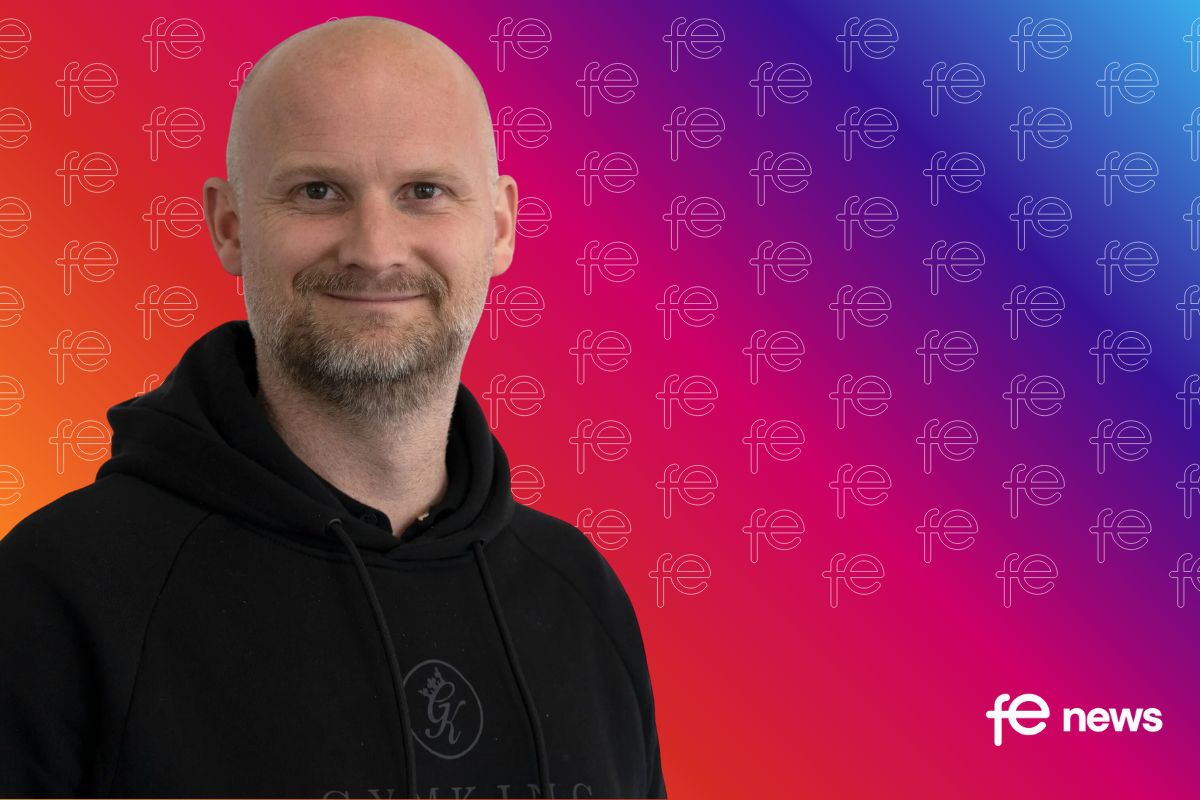
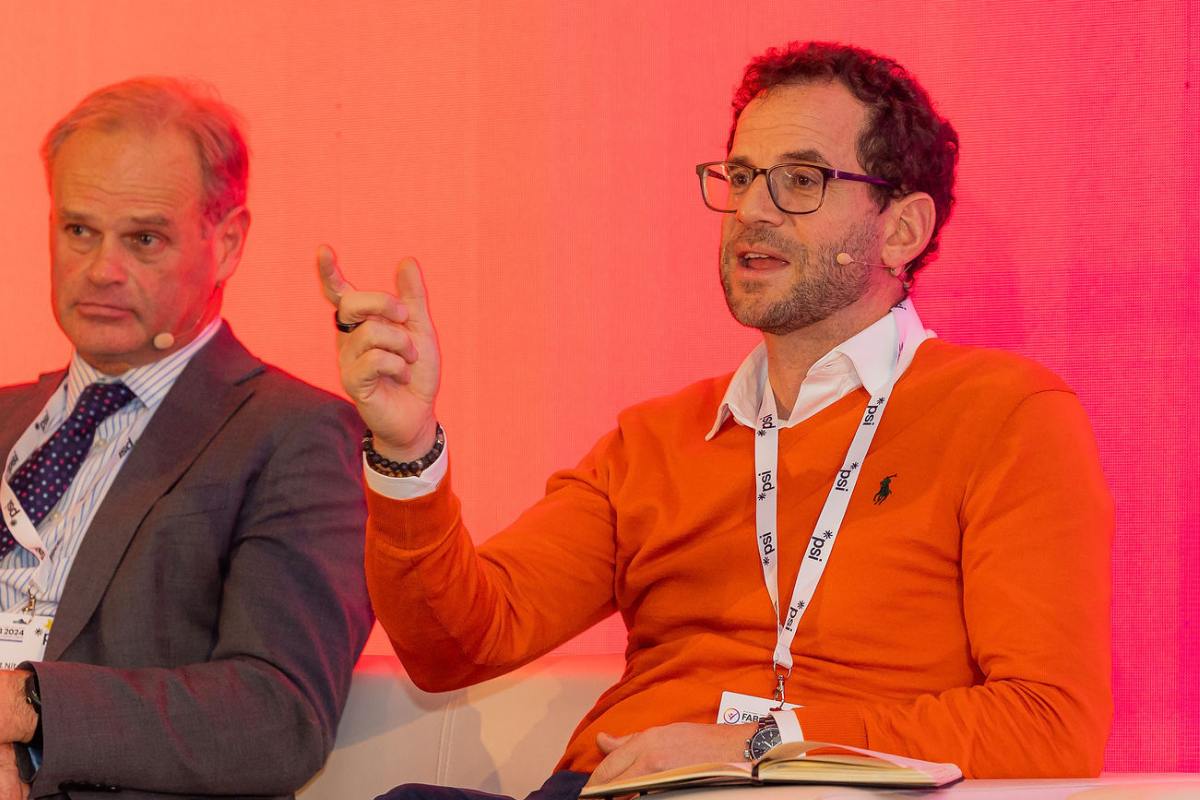

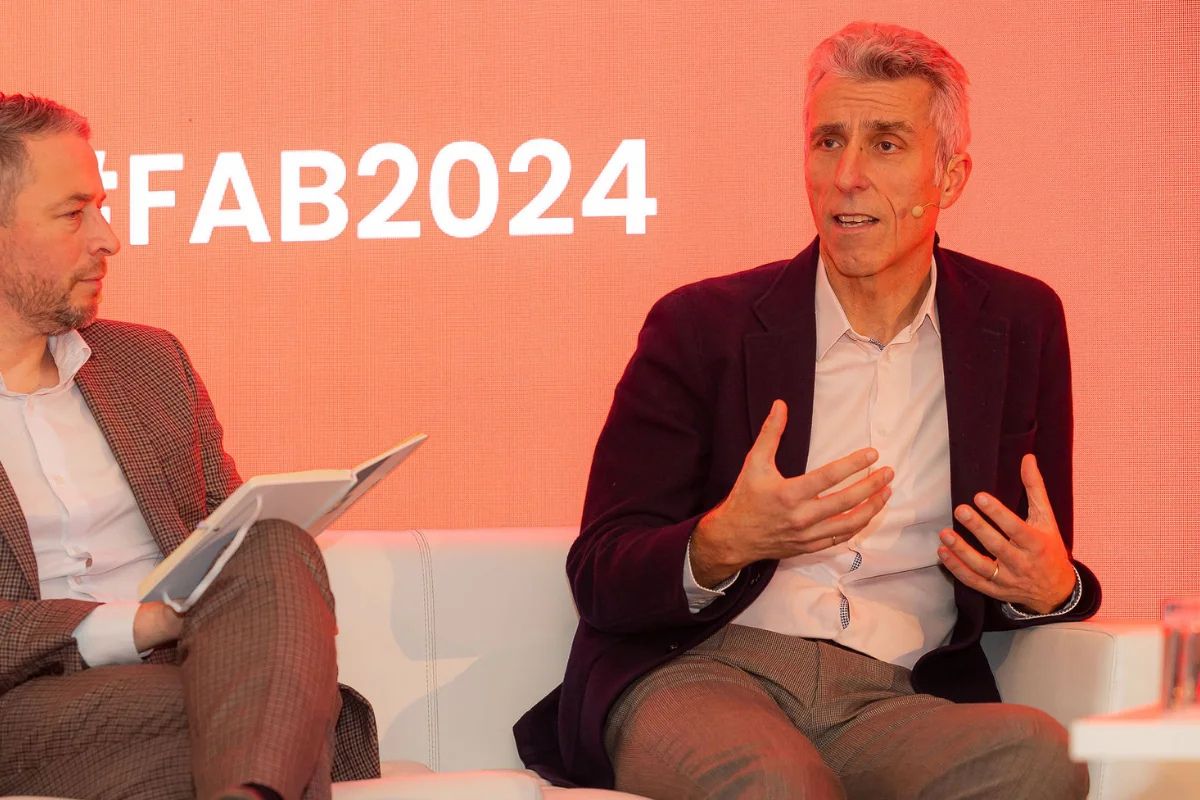

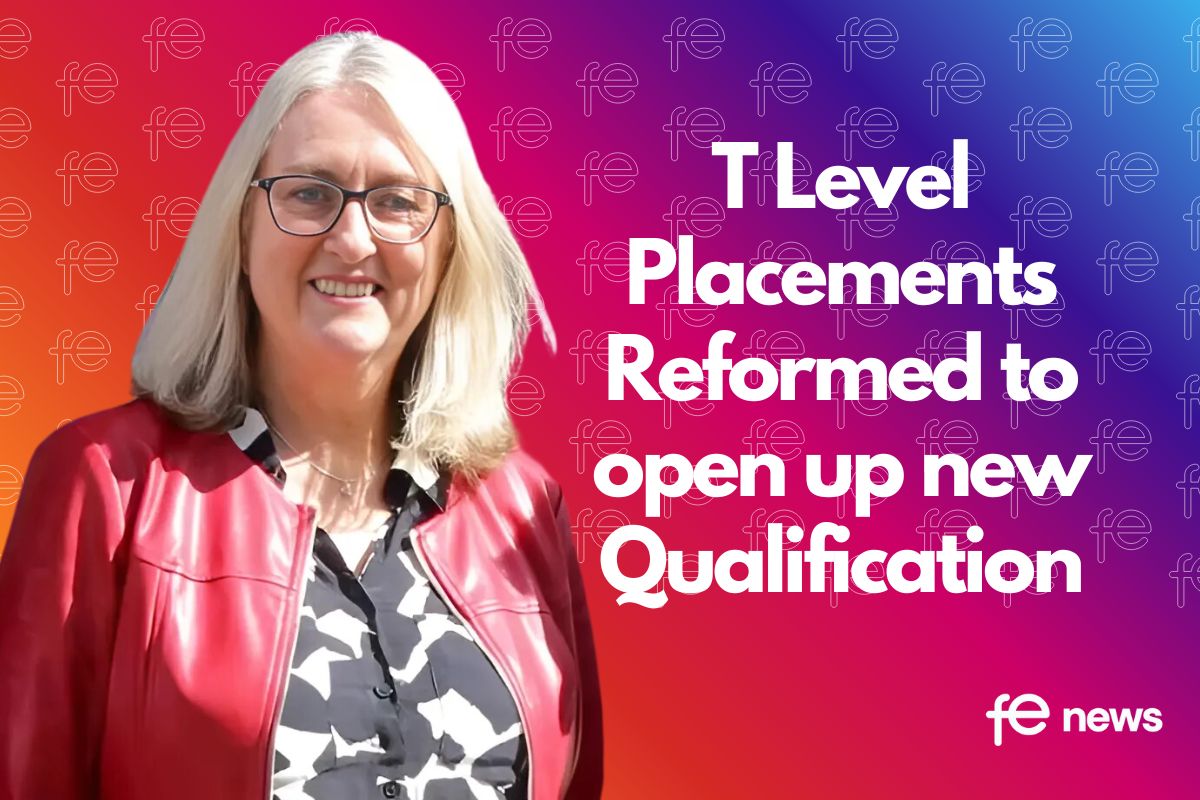
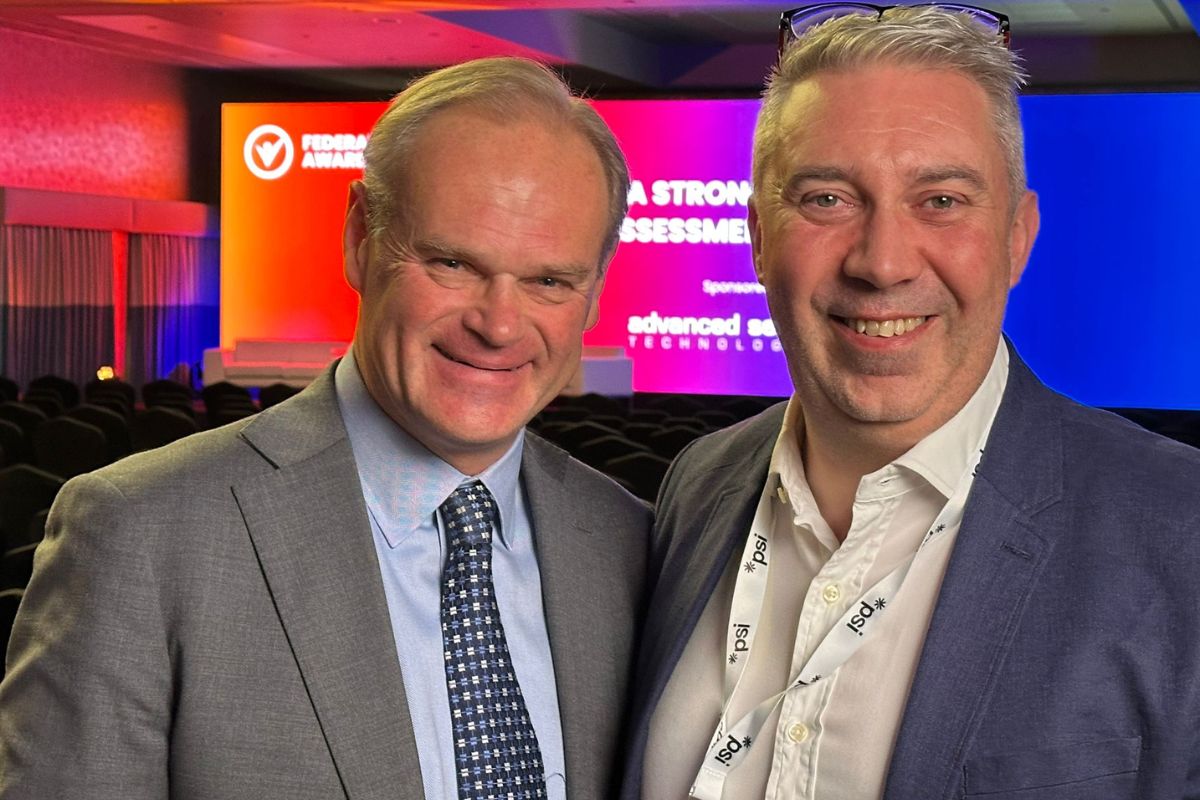
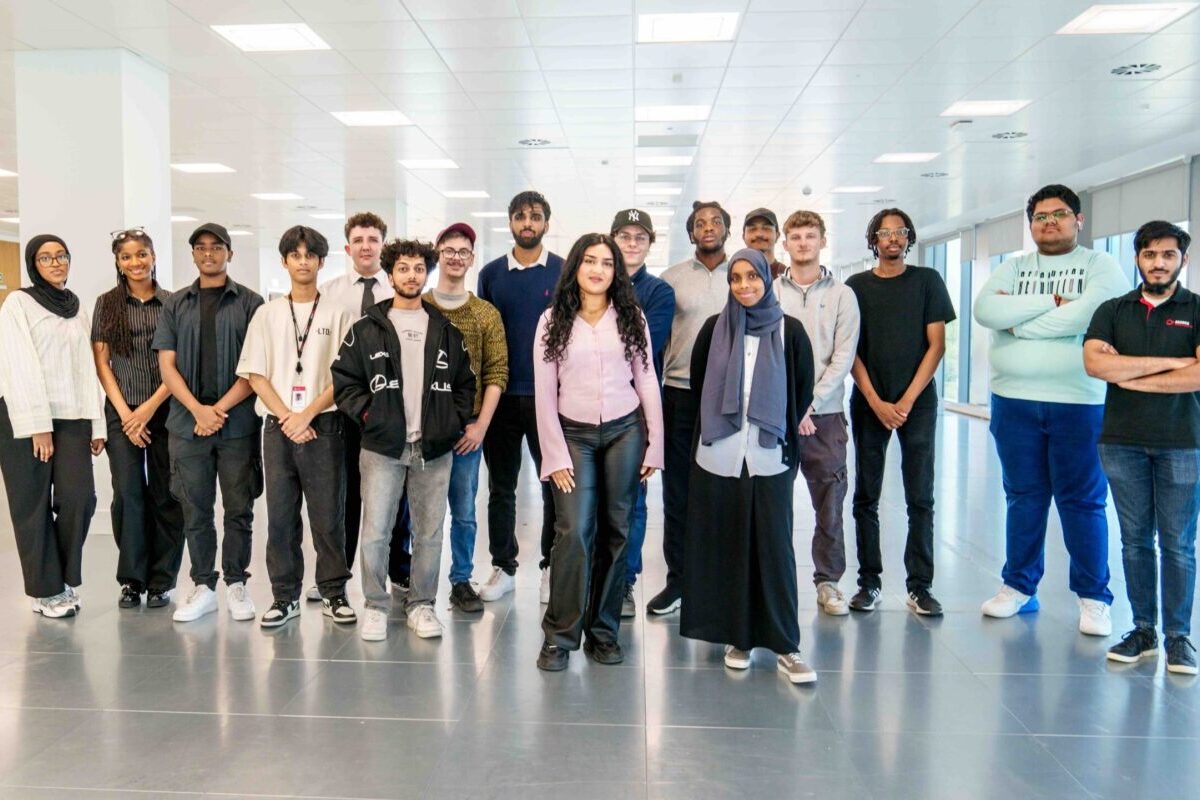


Responses